
Kolinda Grabar Kitarovic
It has come to my attention that the Office of the President of Croatia is on 21 July organising “Open Doors Day for Croatian Diaspora and Croatian Minority Communities Abroad”.
One does, however, from the perspective of Croatia itself, wonder why “Croatian ethnic minorities abroad” are separated in this event’s title from the concept of the diaspora. At any rate and assuming there may be “logical” reasons for this differentiation in the title, the issues-driven profile of intended attendees confuses many.
Nevertheless, this is a nice and needed gesture but bound to be “more of the same” empty political rhetoric theatre stage unless it’s actually followed by government-level affirmative actions that will lift the Croatian diaspora as an integral part of Croatia and enroot diaspora plights, which coincide with the plights of some political figures and activists in Croatia itself, for the betterment of Croatian nation and its life. To be precise: decommunisation.
The fact is that (unlike ethnic minorities within Croatia) the diaspora has a clear focus on collective memory of Croatia as a nation and a collective thrust for democratisation, away from former communist mindset, and for the betterment of life in Croatia. That is the reason why the Croatian diaspora had in 1990’s, at and around the time when Croatians voted overwhelmingly to secede from Yugoslavia, played a vital role in Croatia’s fight for independence from communist Yugoslavia.
But, as fact would have it, ever since about year 2000 a systematic mindset led by former communists, who paint themselves with antifascist colours even though they retain communist stature, has eroded drastically Croatia’s ties with the Croatian diaspora.
There is no doubt whatsoever that the strength and persistence of diaspora depends upon the strength and weakness of the homeland. Strong homelands facilitate the maintenance of diasporas; weak homelands are less able to do this. Croatia was a strong homeland for the diaspora during 1990’s, in fact it was one with the homeland and that is where the roots of its successful actions for the independence of Croatia lie. Since 2000, Croatia has been a weak homeland for its diaspora and the fact that Croatian parliamentary seats representing the diaspora were drastically reduced in the years after demonstrates this clearly.
Although Croatian governments and presidents since the year 2000 (including current president Kolinda Grabar Kitarovic) have fostered the myth of return among its diaspora in order to preserve at least some linkage to it, Croats from the diaspora have not necessarily been welcomed back. It has often been said and thought that this is because they might undermine the homeland’s social fabric and political value system, and threaten the existing elite’s hold on power. Only few politicians and public persons of note (including the most diligent one so far on the issues of the diaspora, the independent member of Croatian parliament for the diaspora, General Zeljko Glasnovic) have actually been realistic enough and continue pushing for changes and reforms in Croatia that would actually create conducive conditions for Croats from the diaspora to return. But their plights, regretfully, so far appear to remain political banter to the ears and eyes of the political elite who hold the power to change things.

at May 2017 public rally for
the removal of “Josip Broz Tito” name to the Zagreb city square
For a variety of reasons, most members of diaspora do not “return” to their homeland, among them the fact that economic and/or political conditions there are not very attractive, and that real life in Croatia does not conform to the image of the homeland they significantly helped in seceding from communism.
Contrary to certain mainstream sentiments in Croatia, the diaspora is not a conglomerate of careless and caring nationalists that has often been attributed to it from the left angle of the political sphere especially, and can aid Croatia in its pursuit of full democracy. Diaspora can transfer funds to civil society organisations, political actions, lobby effectively using professional and uncompromising skills attained through living the western democracies, and become critical factors in running democratic change political campaigns inside the homeland. Diaspora can challenge the home political and practical attempts to suppress democratic change, assist with the homeland’s international legitimacy, expose human rights violations that may occur in various facets of life including those associated with constitutional rights, combat the plunging trend of Croatia’s economic well-being through investments and targeted programs for financial boosts. The diaspora can return in many instances especially when the conditions for that flourish and, for those for whom the return is simply a life’s impossibility, the diaspora can assist life in Croatia significantly.
Diaspora is identified as a social collectivity that exists across state borders and that has succeeded, despite obstructions from Croatia leveled at weakening the diaspora-homeland ties, to sustain a collective national, cultural and religious identity through a sense of internal cohesion and persistence to sustain ties with the homeland.
Every Croatian should feel that Croatia is his/her home but that certain alienation of the diaspora through various political and practical thrusts, which have spread since the year 2000, certainly leaves this feeling lacking in many from the diaspora. It had often been said that a person returning to Croatia from the diaspora is faced with hard work of asserting the rights that a home provides. Returning home should be a smooth, effortless affair. The numerous promises of helping people return to Croatia we have seen throughout almost two decades remain empty promises. Let’s hope that the event on 21 July in Zagreb when the president, according to the event’s announcement, is breaking bread with the diaspora will stop the playing of the same old broken record and start the needed trend of determined removal of obstacles that keep the myth of return alive. Move away from myth into real progress in reality that does away with empty promises of helping people return from the diaspora, usher in effective national strategy in helping the returnees and assist effectively those that remain in diaspora strengthen their influence on bettering life in Croatia. Ina Vukic


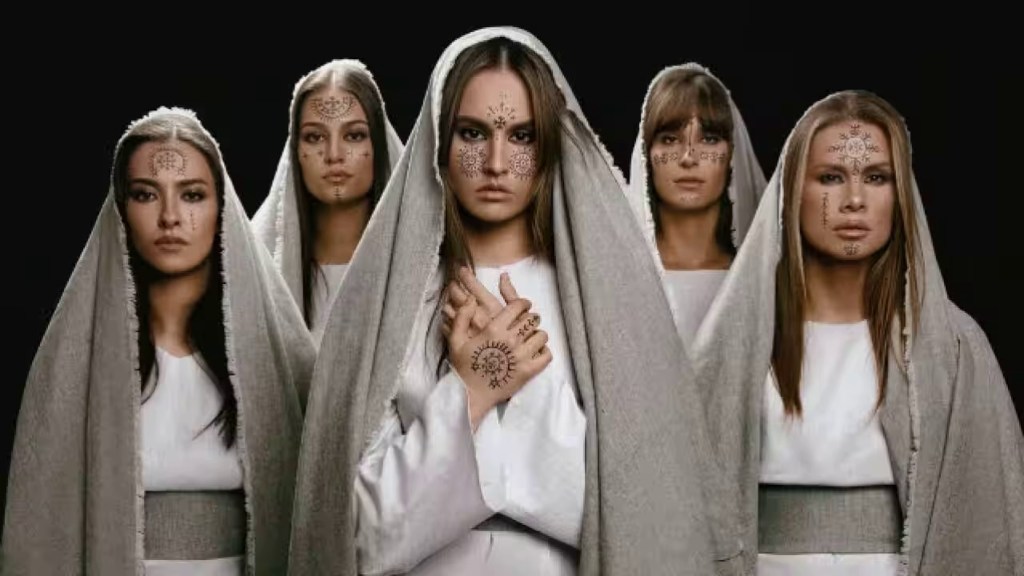
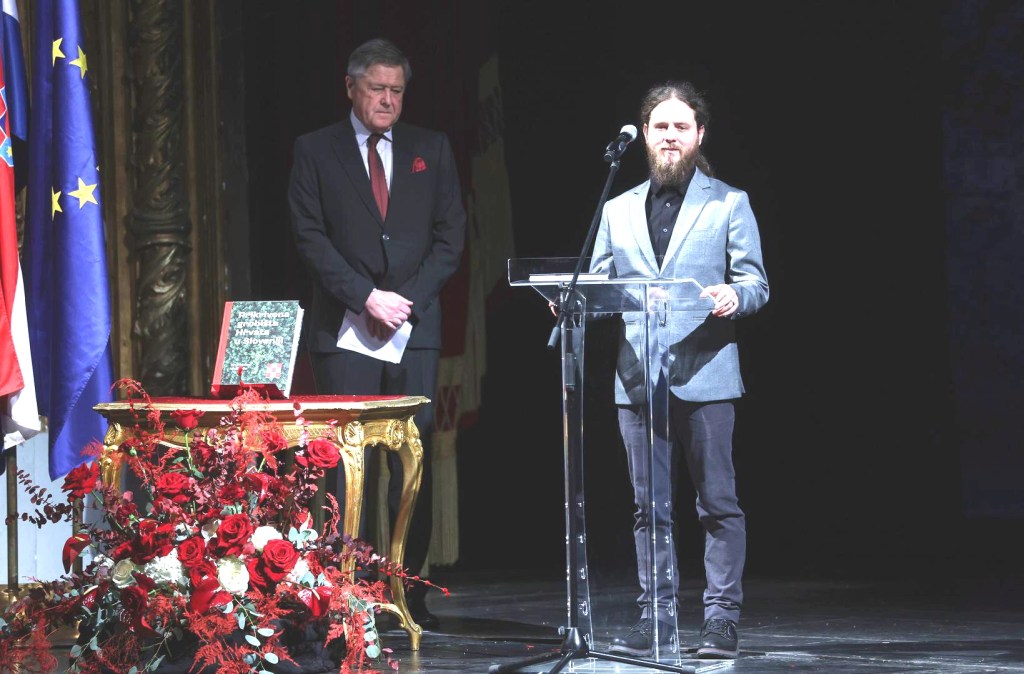
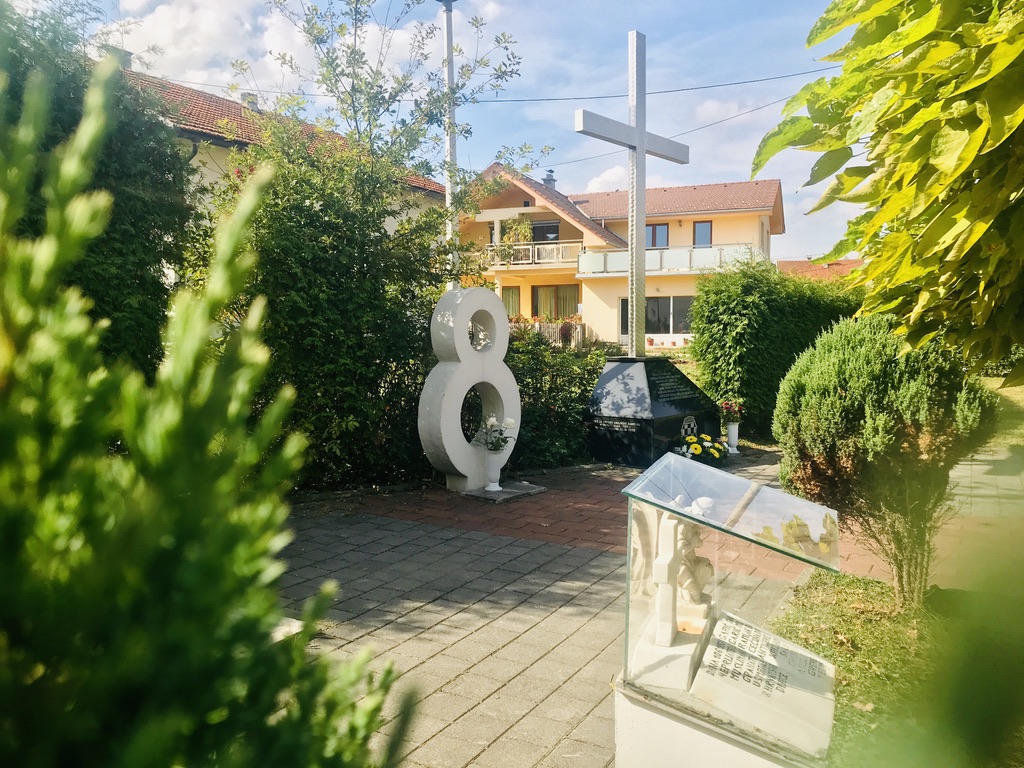
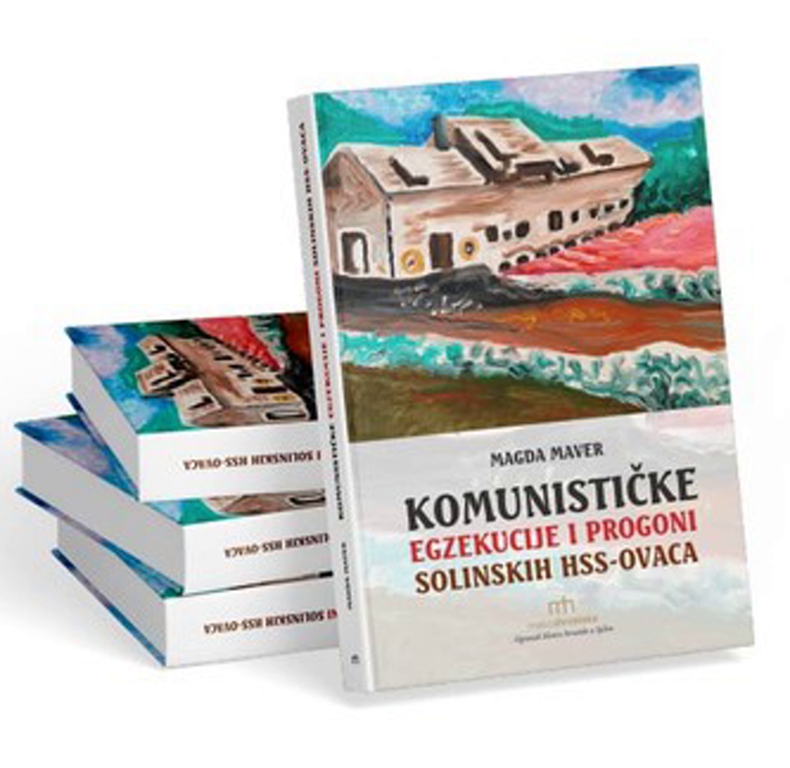

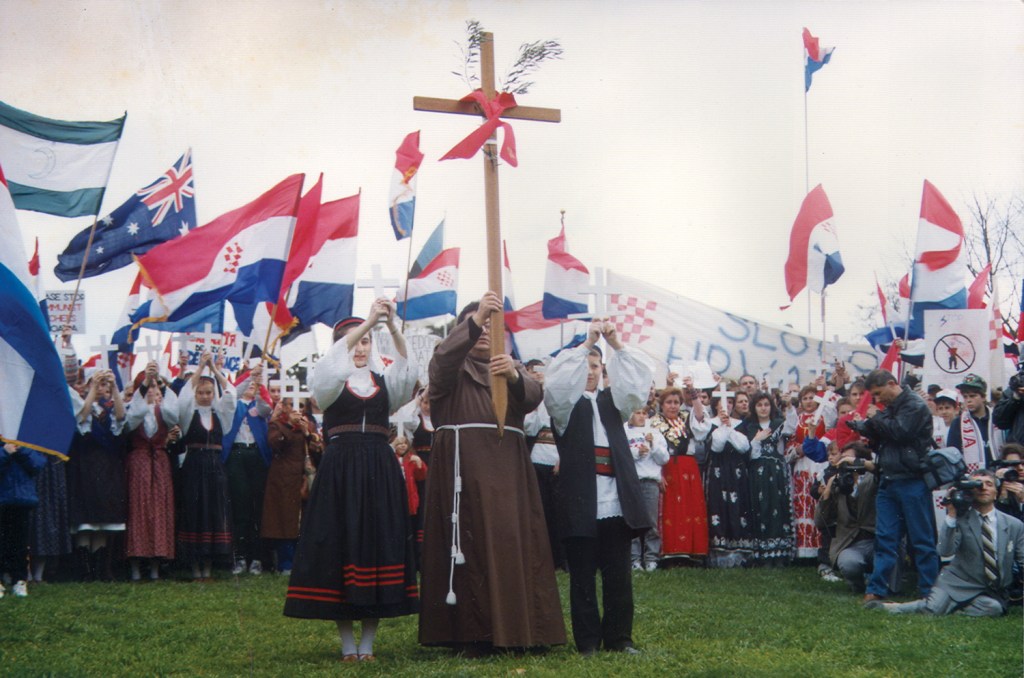
Leave a reply to A. L. Luttrell Cancel reply